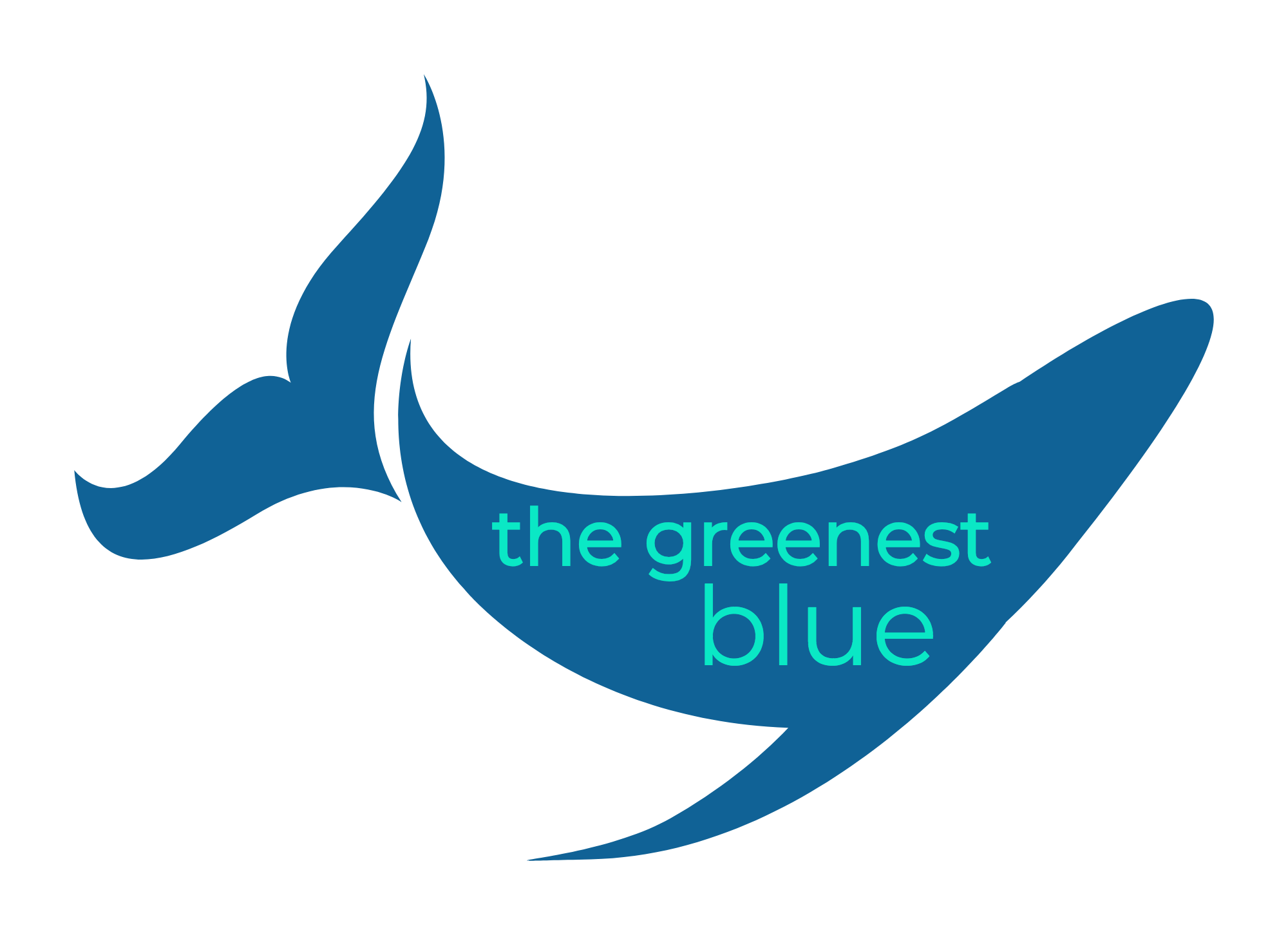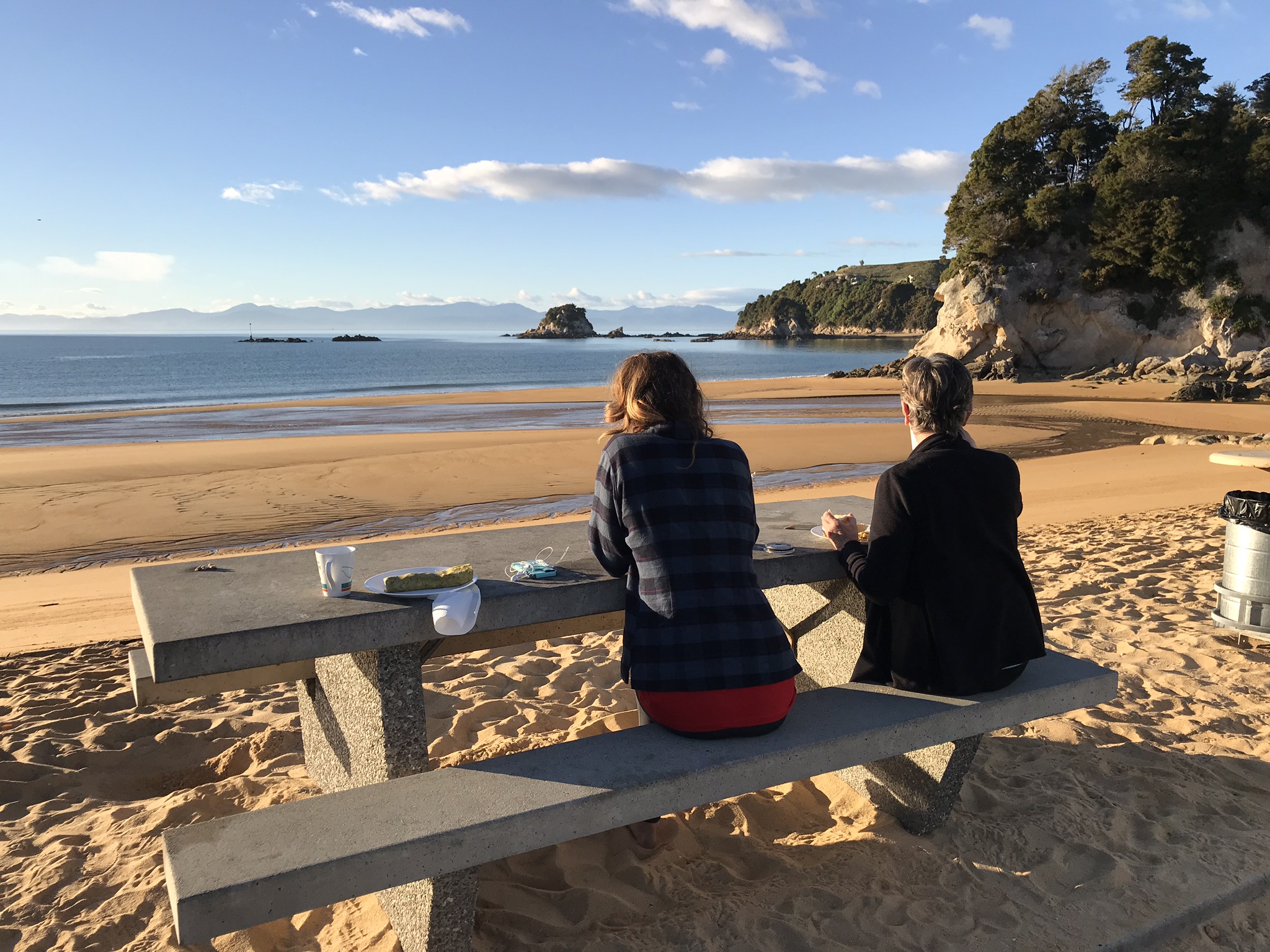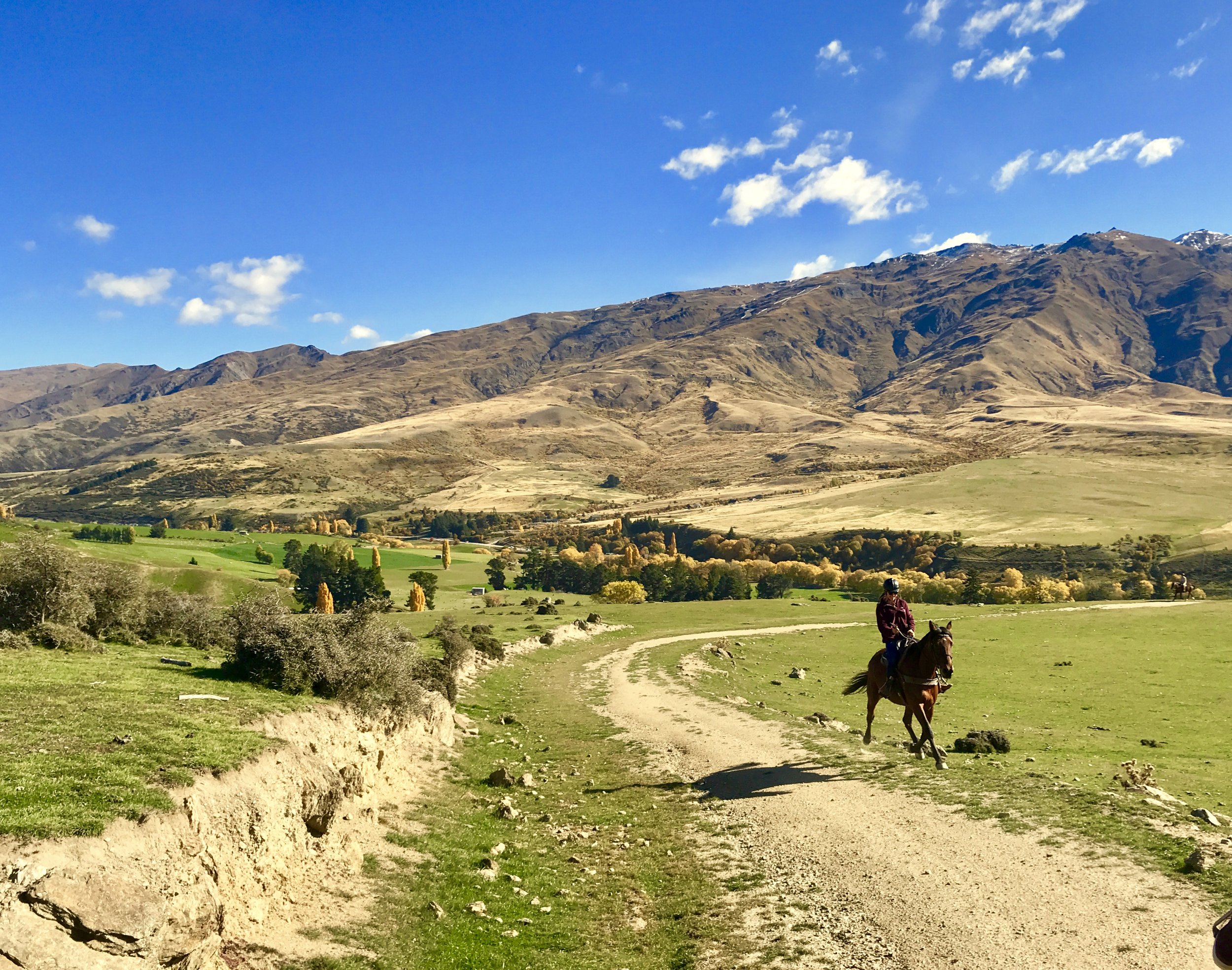My Struggles with Minimalistic Travel - Suitcase Packing & Roadtrip Rubbish
We've most likely all been acquainted with the concept of minimalism at some point in the last decade. In a society where anything we could possibly want is available with the scroll of our finger on a trackpad, minimalism provides us with a way of combating this mine mine mine mentality and instead emphasizes the reduction of things in our life. It's a way for us to trim down our excess baggage and critically think about what we own. Minimalism isn't just about cutting back on our personal belongings, however; it also applies to the way we pack for and conduct our travels. As a self-proclaimed conservationist and travel-lover, it's a concept that I've been struggling heartily with over the past three years. In this post, I'll be focusing on how I [try to] keep a minimalistic mindset while packing for trips, and also how I try to minimize the waste I create with the food I purchase, particularly while traveling.
Kaikoura, NZ: moving to places like this makes the stress of packing worth it...
My Struggle with Air Travel & Minimalistic Packing
At the start of my time doing seasonal work, packing for my moves to/from Hawai'i was haphazard and caused internal emotional warfare. I mean, shit, why wouldn't my twelfth pair of shorts fit into this damn suitcase? Too many times I've been stuck at the airport check-in counter, frantically pushing heavy clothing items and shoes from my checked bags into carry-on baggage to try and sneak the number on the weigh-in scale beneath 50 pounds. But after doing this enough, I've slowly been realizing that sometimes, you don't need to bring everything with you. It turns out, you can buy what you need at most destinations. Also, you really can make do with only a few articles of clothing if you take good care of them and do your laundry regularly like a big kid (see my blip on Patagonia below).
I've started to think critically about each article of clothing, each personal care product, each piece of electronic equipment that I pack each time I fly. Every item has to have an exact purpose - I stopped considering potential scenarios (what if I win a ticket to a black-tie movie premiere?? I'll need this glittery necklace and dress!) and focused on what I'd need for the activities I knew I'd be doing. I took particular care while packing for my most recent move to New Zealand. This was a hard one, as I knew I'd be dealing with a huge range of climates and activities - hiking in summer-to-winter weather, diving, surfing, snorkeling, exploring cities, horseback riding, running, yoga, maybe even going on a date or two ;). Being an outdoor buff requires a surprising variety of athletic clothes! But with careful planning, I made it work. I try and invest in high-quality, multi-purpose clothing that can sustain the beating that travel inevitably brings and that can be used for a variety of activities.
My cowboy boots go with me everywhere.
Choosing to Purchase Clothing from Environmentally-Conscious Brands
My friends here make fun of my obsession with the Patagonia brand (it's not as prominent here in NZ and it's way more expensive), but this true love is built on a solid foundation for some damn good reasons. Over the last few years I've been trying to replace my wardrobe with their label and downsize on any excess articles of clothing. It's not just because of the brand and what they stand for (though if you don't follow them much, check out their focus on environmental activism), it's also because of their ethos and their business model: if it's broken, fix it. If it's beyond repair, recycle it. They actually encourage you not to buy more of their clothes if you've got something you can fix instead. You have to admire this almost anti-marketing strategy - they always put the environment first. So, I'm obsessed. I've stopped gawking at the high price tags and think of each purchase as an investment and support for a business model that I can stand behind. The quality surpasses most other brands anyway, so it lasts longer, and it's built for performance. It's environmentally responsible to reduce the frequency with which you're replacing articles of clothing - less resources being sucked up. I usually purchase my cold-weather clothing/wetsuits from them.
It's not the only brand I love. Prana doesn't ship their clothes bagged up in plastic (Patagonia unfortunately still does); their shipping team instead opts to roll up each piece and tie it with a bit of twine before packing it into brown paper packaging. No plastic tag bits either, which I love. I usually purchase my yoga leggings and workout tops from them.
And in general, my mindset has shifted from the save-as-much-money-as-possible mentality of the typical college student to the buy-shit-that-lasts-so-you-need-to-replace-it-less way of thinking. Owning fewer articles of clothing - ones that are made with higher quality – makes it easier to pack smart. And it goes hand-in-hand with that idea of minimalism.
Keeping Myself Fed on a Roadtrip - A New Minimalistic Battle with Food Packaging Waste
I've just finished an epic road trip around the South Island of NZ with my parents in a beautiful motorhome, but living in such a small space for a couple of weeks really makes one aware of the waste we create. Luckily, they're both pretty eco-conscious as well, so we always made recycling stops and they endured my furious battle with plastic packaging (it's nearly impossible to steer away from plastic on a road trip - this would add a whole new dimension to minimalism, and I'd like to get to the point of zero-plastic waste someday).
Camping roadside (responsibly - note, self-contained) near Lake Wanaka
Chilling roadside for breakfast in Kaiteriteri - home-cooked means less waste generated than take-away!
I'm preparing for a few more roadies as well, and I'm always brainstorming how to reduce the amount of crap I need to purchase. This is where I struggle; if I had brought all of my own reusable containers with me, I could try and purchase things in bulk and cut back on the little packaged bits. But then this brings me full-circle back to the struggle with minimalistic air travel. How would I have fit all of that into my baggage when I moved here? Or if I buy all those little containers here, I have to get rid of them anyway when I leave...so what do I do? I suppose there's a balance to this, or some solution, that I haven't quite found or mastered yet. Also...not a whole lot of places to buy in bulk here in NZ...unless you want to buy a herd of cattle or a flock of sheep.
It's really hard for me to drive up to some beautiful lookout (there's no shortage here) or get to the end of an epic tramp and see backpackers and tourists shoving all sorts of rubbish in the bins without giving a second thought to where it's going next. It's even worse when they don't try to recycle, or the rubbish doesn't even make it into the bin. And...WHY ARE WE STILL BUYING WATER IN PLASTIC BOTTLES??? This country has some of the cleanest water around. I drink out of streams and waterfalls on the reg. You don't need bottled water. So how can we keep this beautiful place pristine when tourism runs rampant and not everyone thinks like a plastic-hater? In general, I try to buy fresh things to eat and do this frequently, as opposed to buying the items with a longer shelf-life (that shelf-life can typically be contributed to additives and "state-of-the-art" plastic packaging). Not to mention, it's better for your health than picking the processed nomz. Better yet, if there's a roadside stand selling apples, honey, or eggs, I'll try and go for those straight from the source. Farmer's markets? Yep. BYO bag, please. I've also got my bamboo utensil set, reusable coffee mug, beeswax wrap, and water bottle permanently stationed in my travel backpack.
Leaving only footprints on the beach in Abel Tasman National Park
It's Going to Be Hard, But It's Our Responsibility
It's a big, beautiful world we get to explore. But do we have any right to terrorize its resources? Just because we might have the money to buy something that we want doesn't mean we should. Ask some questions first. Was it made responsibly? What will you do with it when you don't want it anymore or it stops working? Is it recyclable? How long are you going to use it for?
When did we get used to having so much stuff? I often catch myself feeling entitled to things. I'm staring at my packed-to-the-brim duffel bag right now as I write this. Minimalism is effing hard. No one ever said it was going to be easy. But as a human being existing on this Earth, I believe it is my personal responsibility to minimize my impact as much as I can. And working towards minimalism in the clothing we own and the food we buy is one of many routes we can take to help achieve this.
How do you feel about all of this? Are you making any minimalistic changes in your life? How do you stay eco-conscious when you travel? I'll be writing more posts on eco-friendly travel as soon as the adventures of May get underway.
GOSH DANG I LOVE NEW ZEALAND.
Cantering through the Cardrona Valley










